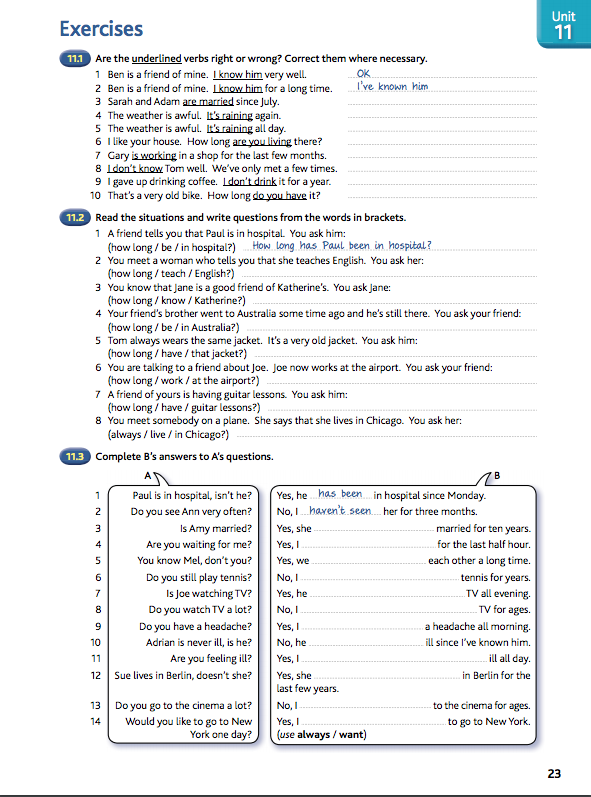How to calm anxiety and nerves
How to Calm Down Fast
When stress, anxiety or fear flare up, these 9 techniques help keep you calmer.
Spread the love
We all get stressed and agitated sometimes. It’s a product of our busy, over-scheduled lives and living with circumstances we can’t control.
When you’re stressed or anxious, it causes your body to release stress hormones such as cortisol and adrenaline, which can increase how stressed you feel. You may also feel other symptoms, like headaches, dizziness and depression. Long term stress can negatively affect your weight, heart and chronic health conditions. In addition to your physical health, untreated stress can have a negative effect on other areas of your life, including your mental health, professional life and social relationships.
When you’re feeling stressed, anxious, scared or nervous – or you have the urge to lash out – the last thing you want to hear someone say is, “Just calm down.” That never works. But here are 9 calming techniques that do work – and they work quickly at that.
- Just breathe. Breathing seems like the most natural thing in the world. But there are ways to breathe mindfully that help calm our bodies and minds almost instantly. The 4-7-8 breathing technique, known as a “relaxing breath,” is especially effective:
-
-
-
- Breathe in quietly through your nose for 4 seconds
- Hold the breath for 7 seconds
- Exhale forcefully through your mouth with a “whooshing” sound for 8 seconds
- Repeat as needed
-
-
-
- Close your eyes and count to 10 slowly. It really works! If you need more time, count to 20 or count backwards once you reach whatever number you are counting up to. Just taking a few minutes to concentrate on something other than your stress will do wonders for your mood.
- Chew a piece of gum. Studies show that the slow, methodical act of chewing gum keeps blood flowing to the brain, allowing you to concentrate better and keep a level head during a bout of anxiety.
 It also helps you resist the urge to reach for a less-healthy option, like a pint of ice cream or a cocktail, when you’re stressed.
It also helps you resist the urge to reach for a less-healthy option, like a pint of ice cream or a cocktail, when you’re stressed. - Phone a friend – preferably a funny one. Touching base with someone you love can provide instant calm. Laughing is proven to release endorphins, the “feel-good chemicals” in our brains that help release tension and elevate overall mood.
- Smell lavender. Light a lavender candle or soak in a lavender bubble bath. In aromatherapy, lavender is one of the stars of stress-relief, along with chamomile, rose, ylang-ylang and citrus.
- Curl up with your cat or dog. Just 10 minutes of petting your furry pal can reduce stress hormones and promote a feeling of calmness.
- Listen to calming music. Cue up your favorite tune, but nothing with a frantic beat or depressing lyrics. Then sit back, close your eyes and concentrate on the words and the rhythm. Go ahead and sing along if you wish.
 Studies show singing releases endorphins.
Studies show singing releases endorphins. - Exercise your body. Physical activity of any kind helps release stress. Take a 15-minute timeout for a brisk walk around the neighborhood; the fresh air will also help clear your head. If you’re stuck indoors, try a few reps of jumping jacks, jog up and down the stairs or take a spin on your exercise bike.
- Exercise your mind and spirit. Practice yoga, meditate, get a massage, write in your journal, give yourself a pedicure or take a relaxing nap.
If you find these calming techniques aren’t helpful, explore other methods that may provide longer-term relief for your stress and anxiety. Eat right, avoid alcohol and caffeine, exercise regularly, always get enough sleep, and if needed, consider making an appointment with a mental health professional.
Copyright 2020 © Baldwin Publishing, Inc. All rights reserved.
Health eCooking® is a registered trademark of Baldwin Publishing, Inc.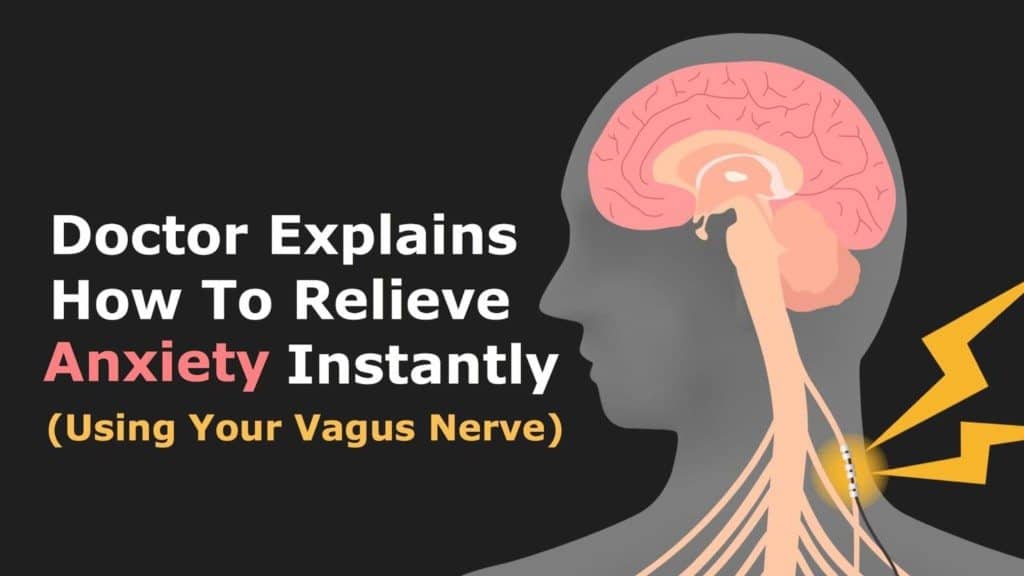 Cook eKitchen™ is a designated trademark of Baldwin Publishing, Inc. Any duplication or distribution of the information contained herein without the express approval of Baldwin Publishing, Inc. is strictly prohibited.
Cook eKitchen™ is a designated trademark of Baldwin Publishing, Inc. Any duplication or distribution of the information contained herein without the express approval of Baldwin Publishing, Inc. is strictly prohibited.
Date Last Reviewed: November 13, 2020
Editorial Review: Andrea Cohen, Editorial Director, Baldwin Publishing, Inc. Contact Editor
Medical Review: Perry Pitkow, MD
Learn more about Baldwin Publishing Inc. editorial policy, privacy policy, ADA compliance and sponsorship policy.
No information provided by Baldwin Publishing, Inc. in any article is a substitute for medical advice or treatment for any medical condition. Baldwin Publishing, Inc. strongly suggests that you use this information in consultation with your doctor or other health professional. Use or viewing of any Baldwin Publishing, Inc. article signifies your understanding and agreement to the disclaimer and acceptance of these terms of use.
22 Things to Do When You’re Anxious or Angry
We all worry and get upset from time to time. It’s a normal part of life.
It’s a normal part of life.
But what happens when that anxiety or anger takes over, and you can’t calm down? Being able to calm yourself in the moment is often easier said than done.
That’s why having a few strategies you’re familiar with can help you when you’re feeling anxious or angry. Consider adding these calming tactics to your toolbox.
Here are some helpful, actionable tips you can try the next time you need to calm down.
1. Breathe
“Breathing is the number one and most effective technique for reducing anger and anxiety quickly,” says Scott Dehorty, LCSW-C, of Delphi Behavioral Health.
When you’re anxious or angry, you tend to take quick, shallow breaths. Dehorty says this sends a message to your brain, causing a positive feedback loop reinforcing your fight-or-flight response. That’s why taking long, deep calming breaths disrupts that loop and helps you calm down.
There are various breathing techniques to help you calm down. One is three-part breathing.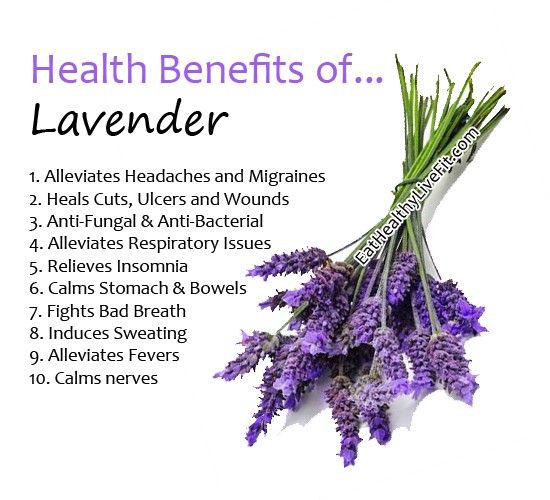 Three-part breathing requires you to take one deep breath in and then exhale fully while paying attention to your body.
Three-part breathing requires you to take one deep breath in and then exhale fully while paying attention to your body.
Once you get comfortable with deep breathing, you can change the ratio of inhalation and exhalation to 1:2 (you slow down your exhalation so that it’s twice as long as your inhalation).
Practice these techniques while calm so you know how to do them when you’re anxious.
2. Admit that you’re anxious or angry
Allow yourself to say that you’re anxious or angry. When you label how you’re feeling and allow yourself to express it, the anxiety and anger you’re experiencing may decrease.
3. Challenge your thoughts
Part of being anxious or angry is having irrational thoughts that don’t necessarily make sense. These thoughts are often the “worse-case scenario.” You might find yourself caught in the “what if” cycle, which can cause you to sabotage a lot of things in your life.
When you experience one of these thoughts, stop and ask yourself the following questions:
- Is this likely to happen?
- Is this a rational thought?
- Has this ever happened to me before?
- What’s the worst that can happen? Can I handle
that?
After you go through the questions, it’s time to reframe your thinking. Instead of “I can’t walk across that bridge. What if there’s an earthquake, and it falls into the water?” tell yourself: “There are people that walk across that bridge every day, and it has never fallen into the water.”
Instead of “I can’t walk across that bridge. What if there’s an earthquake, and it falls into the water?” tell yourself: “There are people that walk across that bridge every day, and it has never fallen into the water.”
4. Release the anxiety or anger
Dehorty recommends getting the emotional energy out with exercise. “Go for a walk or run. [Engaging] in some physical activity [releases] serotonin to help you calm down and feel better.”
However, you should avoid physical activity that includes the expression of anger, such as punching walls or screaming.
“This has been shown to increase feelings of anger, as it reinforces the emotions because you end up feeling good as the result of being angry,” Dehorty explains.
5. Visualize yourself calm
This tip requires you to practice the breathing techniques you’ve learned. After taking a few deep breaths, close your eyes and picture yourself calm. See your body relaxed, and imagine yourself working through a stressful or anxiety-causing situation by staying calm and focused.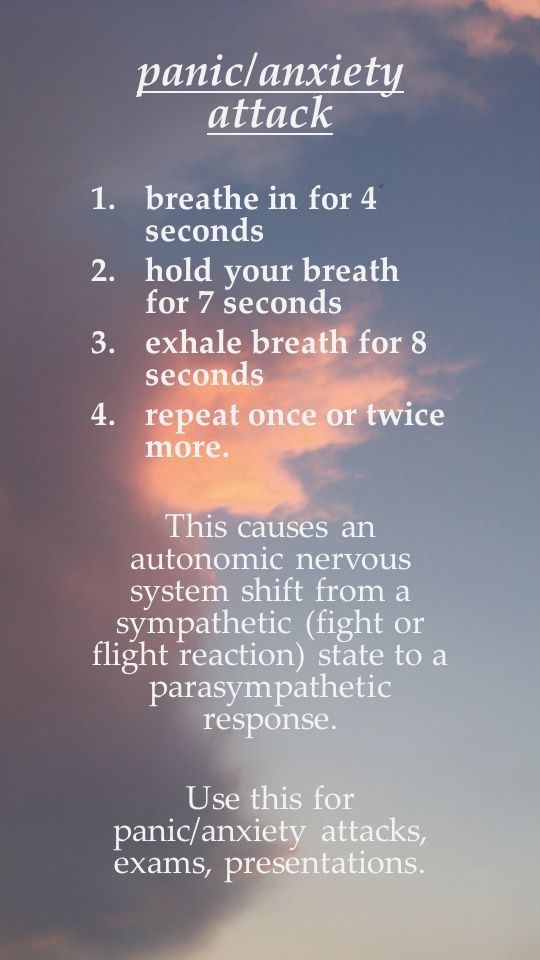
By creating a mental picture of what it looks like to stay calm, you can refer back to that image when you’re anxious.
6. Think it through
Have a mantra to use in critical situations. Just make sure it’s one that you find helpful. Dehorty says it can be, “Will this matter to me this time next week?” or “How important is this?” or “Am I going to allow this person/situation to steal my peace?”
This allows the thinking to shift focus, and you can “reality test” the situation.
“When we’re anxious or angry, we become hyper-focused on the cause, and rational thoughts leave our mind. These mantras give us an opportunity to allow rational thought to come back and lead to a better outcome,” Dehorty explains.
7. Change your focus
Leave the situation, look in another direction, walk out of the room, or go outside.
Dehorty recommends this exercise so you have time for better decision making. “We don’t do our best thinking when anxious or angry; we engage in survival thinking. This is fine if our life is really in danger, but if it isn’t life threatening, we want our best thinking, not survival instincts,” he adds.
This is fine if our life is really in danger, but if it isn’t life threatening, we want our best thinking, not survival instincts,” he adds.
8. Have a centering object
When you’re anxious or angry, so much of your energy is being spent on irrational thoughts. When you’re calm, find a “centering object” such as a small stuffed animal, a polished rock you keep in your pocket, or a locket you wear around your neck.
Tell yourself that you’re going to touch this object when you’re experiencing anxiety or frustration. This centers you and helps calm your thoughts. For example, if you’re at work and your boss is making you anxious, gently rub the locket around your neck.
9. Relax your body
When you’re anxious or angry, it can feel like every muscle in your body is tense (and they probably are). Practicing progressive muscle relaxation can help you calm down and center yourself.
To do this, lie down on the floor with your arms out by your side. Make sure your feet aren’t crossed and your hands aren’t in fists.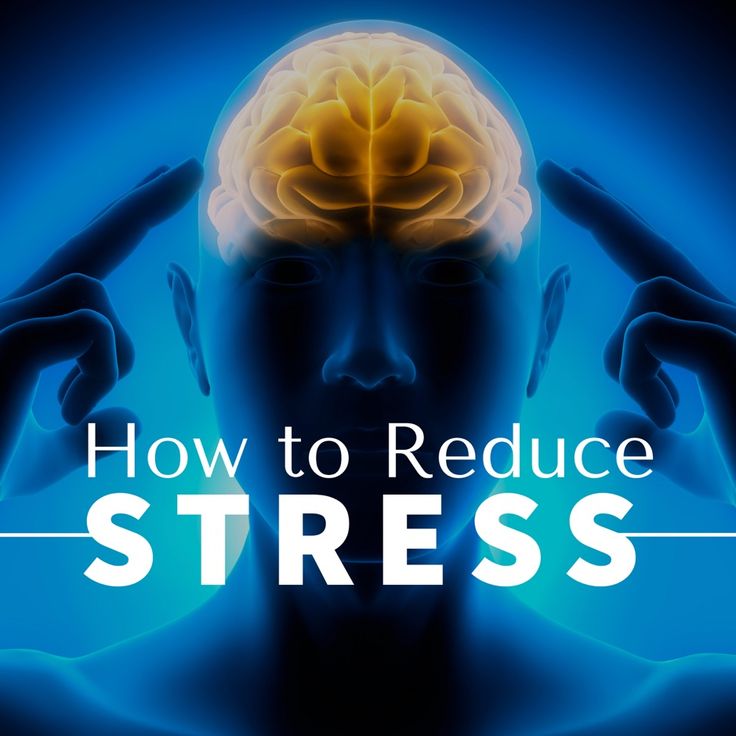 Start at your toes and tell yourself to release them. Slowly move up your body, telling yourself to release each part of your body until you get to your head.
Start at your toes and tell yourself to release them. Slowly move up your body, telling yourself to release each part of your body until you get to your head.
10. Drop your shoulders
If your body is tense, there’s a good chance your posture will suffer. Sit up tall, take a deep breath, and drop your shoulders. To do this, you can focus on bringing your shoulder blades together and then down. This pulls your shoulders down. Take a few deep breaths.
You can do this several times a day.
11. Identify pressure points to calm anger and anxiety
Going for a massage or getting acupuncture is a wonderful way to manage anxiety and anger. But it’s not always easy to find time in your day to make it happen. The good news is, you can do acupressure on yourself for instant anxiety relief.
This method involves putting pressure with your fingers or your hand at certain points of the body. The pressure releases the tension and relaxes your body.
One area to start with is the point where the inside of your wrist forms a crease with your hand. Press your thumb on this area for two minutes. This can help relieve tension.
Press your thumb on this area for two minutes. This can help relieve tension.
If you’re short on time but need to calm down fast, these quick in-the-moment tips can help.
12. Get some fresh air
The temperature and air circulation in a room can increase your anxiety or anger. If you’re feeling tense and the space you’re in is hot and stuffy, this could trigger a panic attack.
Remove yourself from that environment as soon as possible and go outside — even if it’s just for a few minutes.
Not only will the fresh air help calm you down, but also the change of scenery can sometimes interrupt your anxious or angry thought process.
13. Fuel your body
Being hangry never helps. If you’re hungry or not properly hydrated, many relaxation techniques won’t work. That’s why it’s important to slow down and get something to eat — even if it’s just a small snack.
Try nibbling on some dark chocolate. Research shows it can help boost brain health and reduce stress.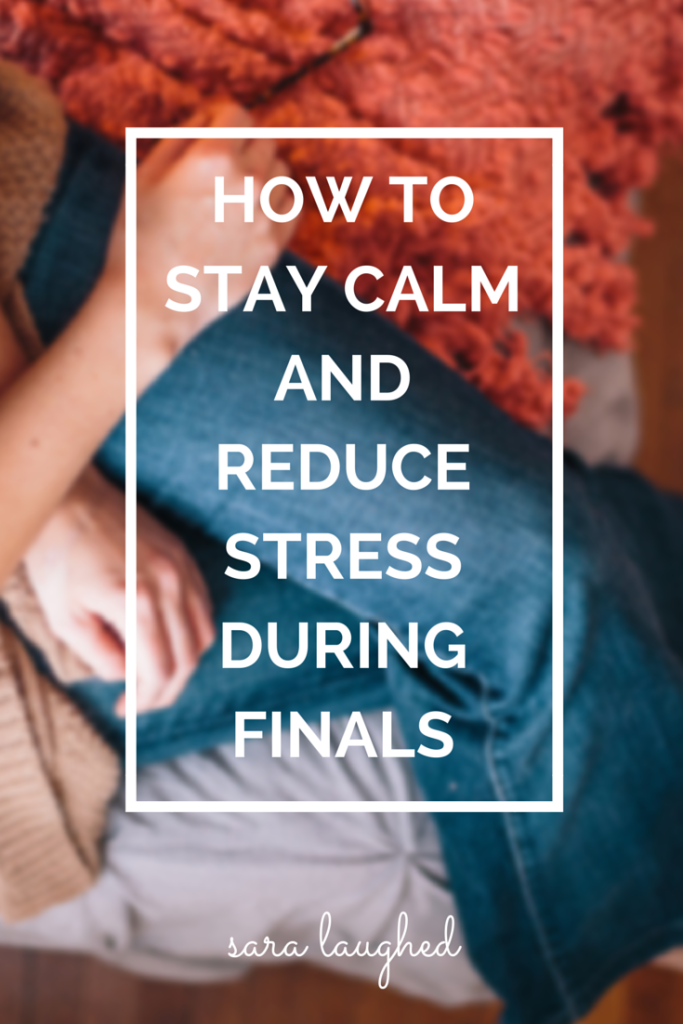
Wash it down with a cup of green tea and honey. Studies show green tea can help reduce the body’s stress response. Research has found that honey can help relieve anxiety.
14. Chew gum
Chewing on a piece of gum can help reduce anxiety (and even boost mood and productivity). In fact, research shows people who chew gum regularly are typically less stressed than non-gum chewers.
15.
Listen to musicThe next time you feel your anxiety level cranking up, grab some headphones and tune in to your favorite music. Listening to music can have a very calming effect on your body and mind.
16. Dance it out
Get moving to your favorite tunes. Dancing has traditionally been used as a healing art. Research shows it’s a great way to combat depression and anxiety and increase quality of life.
17. Watch funny videos
Sometimes laughter really is the best medicine. Research has found that laughing provides therapeutic benefits and can help relieve stress and improve mood and quality of life. Do a quick internet search to find funny videos for an instant mood boost.
Do a quick internet search to find funny videos for an instant mood boost.
18. Write it down
If you’re too angry or anxious to talk about it, grab a journal and write out your thoughts. Don’t worry about complete sentences or punctuation — just write. Writing helps you get negative thoughts out of your head.
19. Squeeze a stress ball
When you’re feeling stress come on, try interacting with a stress-relief toy. Options include:
- stress ball
- magnetic balls
- sculpting clay
- puzzles
- Rubik’s cube
- fidget spinner
20. Try aromatherapy
Aromatherapy, or the use of essential oils, may help alleviate stress and anxiety and boost mood. Those commonly used in aromatherapy include:
- bergamot
- cedarwood
- chamomile
- geranium
- ginger
- lavender
- lemon
- tea tree
Add a few drops of essential oil to a diffuser, or mix it with a carrier oil (like coconut oil) and apply to your skin for quick relief.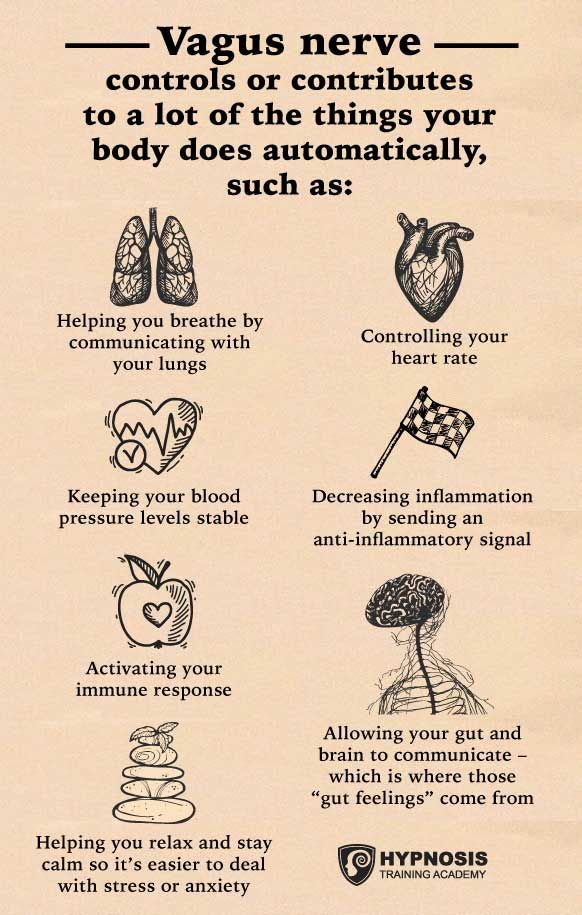
21. Seek social support
Venting to a trusted friend, family member, or coworker can do wonders. Even if you don’t have time for a full play-by-play phone call, a quick text exchange can help you let it all out and help you feel heard.
Bonus points if you engage with a funny friend who can help you laugh for added stress relief.
22. Spend time with a pet
Interacting with your favorite furry friend can decrease levels of the stress hormone cortisol and lower blood pressure. Quality time with a pet can also help you feel less alone and boost your overall mood.
How to calm your nerves: 7 quick ways
Health
© Chester Wade/Unsplash
Author Uliana Smirnova
August 30, 2021
RBC Style shares proven methods that will help relieve emotional stress and calm down in a matter of minutes
Stressful situations happen to people almost daily. Lack of time, difficulties at work, illness of loved ones - all this can unbalance.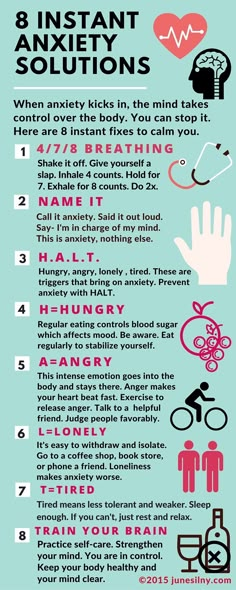 At such moments, the heartbeat quickens, adrenaline is released, muscles tense up, breathing gets out of hand. However, the possibilities of the nervous system are not unlimited - its defenses are gradually depleted.
At such moments, the heartbeat quickens, adrenaline is released, muscles tense up, breathing gets out of hand. However, the possibilities of the nervous system are not unlimited - its defenses are gradually depleted.
Prolonged stress can weaken the immune system, provoke nervous breakdowns, upset the psyche. According to doctors, many diseases arise precisely on the basis of nerves. For example, diabetes and bronchial asthma. Some experts even find a link between stress and cancer.
Protecting yourself from nervous situations is almost impossible. But learning to manage your emotions and relieve stress is quite real. Meditation, yoga and proper nutrition help a lot with this. But what about when you need to quickly pull yourself together? The main task in this state is to reduce the level of adrenaline in the blood. We talk about the most effective methods that will help calm the nervous system and return to a familiar state in a short time.
1.
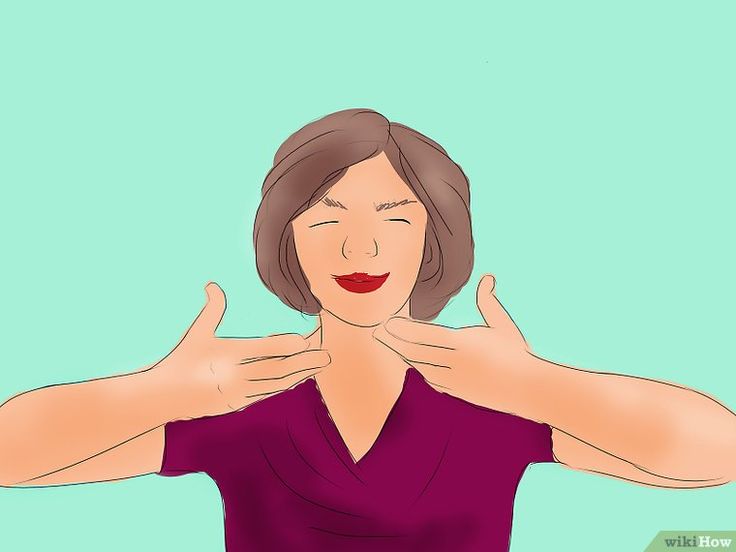 Restore your breathing
Restore your breathing A five-minute deepening of the breath will help reduce the level of adrenaline and relieve tension. The best-known method is to slowly count to ten or twenty while controlling your inhalation and exhalation. Straighten your back and straighten your shoulders. Breathe slowly, without jerks, concentrating on each breath. Try to stretch the exhalation and make it longer than the inhalation. After each respiratory cycle, there is a short pause of 3-5 seconds. This exercise increases attention, calms the nervous system and reduces stress. If you feel discomfort or dizziness, return to your usual breathing rhythm.
© Natalia Figueredo/Unsplash
2. Create a virtual image
The adrenaline rush will stop if you take your mind off the stressful situation and start thinking about something else. This method is useful when you are provoked to an outburst of aggression. Start remembering the multiplication table, your favorite poem, phone numbers and friends' birthdays.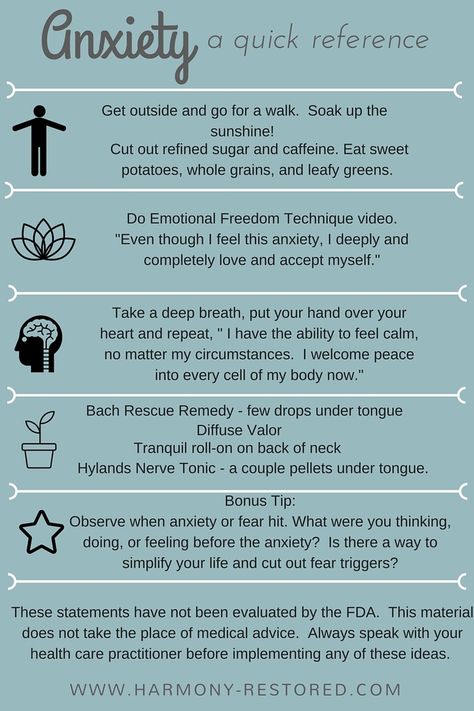 It is even better to connect the imagination and visualize thoughts, presenting them in the form of pictures, colored and as detailed as possible. Try to mentally draw a cozy cafe or sea coast. Try to feel how the water gently touches your body and takes away negative emotions. If possible, take a comfortable position, relax and close your eyes. To calm down, 4-5 minutes will be enough.
It is even better to connect the imagination and visualize thoughts, presenting them in the form of pictures, colored and as detailed as possible. Try to mentally draw a cozy cafe or sea coast. Try to feel how the water gently touches your body and takes away negative emotions. If possible, take a comfortable position, relax and close your eyes. To calm down, 4-5 minutes will be enough.
3. Go for a swim or shower
A warm, powerful shower will not only relax your muscles and improve circulation, but also calm your nerves. And half an hour in the pool will relieve stress after a working day. Another way to relieve emotional stress is to turn on your favorite music and take a hot bath. The effect will be enhanced if you add a few drops of soothing chamomile, lavender, tangerine or lemon balm essential oil to the water. If there is no time for long water procedures, wet your hands and run wet palms over your face, neck and shoulders. Cold water well tones the skin and soothes the nerve receptors. Alternatively, you can use a rose water spray to help freshen up.
Alternatively, you can use a rose water spray to help freshen up.
© Robson Hatsukami/Unsplash
4. Turn on the music and dance
Any physical activity can restore mental balance. For example, a half-hour run in the fresh air or an intense workout in the gym. Instead of exercise, you can dance, go for a walk, play badminton, or do some cleaning. During such a load, the brain produces neurotransmitters that are responsible for a good mood and reduce anxiety. It is the body's response to muscle stress. Scientists say that regular exercise is an excellent prevention of depression. And improving the appearance and physical performance will be a nice bonus.
5. Make tea with honey
A glass of clean water will help you quickly restore a normal heart rate and relax. You need to drink slowly - in short sips, taking short breaks between them. In addition to water, hot tea with dessert helps to cope with anxiety and irritation. Swallowing movements calm the nerves, and sweet stimulates the production of “happiness hormones”. At the same time, it is better to replace cookies and sweets with healthy treats. For example, honey, dried fruits or dark chocolate. The latter is good at removing cortisol and catecholamines that cause stress. You can add ginger root, a sprig of oregano, a few mint leaves or jasmine flowers to the drink - these additives are known for their calming effect.
Swallowing movements calm the nerves, and sweet stimulates the production of “happiness hormones”. At the same time, it is better to replace cookies and sweets with healthy treats. For example, honey, dried fruits or dark chocolate. The latter is good at removing cortisol and catecholamines that cause stress. You can add ginger root, a sprig of oregano, a few mint leaves or jasmine flowers to the drink - these additives are known for their calming effect.
© Rawpixel/Unsplash
6. Do a light self-massage
A good massage therapist will quickly relieve nervous tension and eliminate muscle clamps. If a professional master does not have time for a session, a relaxing massage can be done on your own. A large number of nerve endings are concentrated in the head. Wash your hands thoroughly, sit on a chair and start massaging your temples in smooth circular motions. Gradually move on to the scalp. The fingertips should slide freely over the surface (in the direction of hair growth) and not stretch the skin. Properly performed ten-minute massage improves blood circulation, relieves stress and normalizes sleep. In addition, it stimulates hair growth and strengthens hair follicles.
Properly performed ten-minute massage improves blood circulation, relieves stress and normalizes sleep. In addition, it stimulates hair growth and strengthens hair follicles.
7. Start a personal diary
You can relieve accumulated stress with paper and a pen. Stay alone with yourself, take a blank sheet and write about an unpleasant event. When everything is ready, it is recommended to burn or tear the written paper. You can keep a permanent personal diary - in a beautiful notebook or laptop. So you can rethink the situation and quickly get rid of destructive emotions. Moreover, the more written on paper, the less disturbing thoughts will remain in your head. This method is especially useful for those who are used to restraining their emotions and words.
© Annie Spratt/Unsplash
In addition, anti-stress coloring books or regular children's coloring books help to cope with nerves. This is one of the most popular forms of art therapy.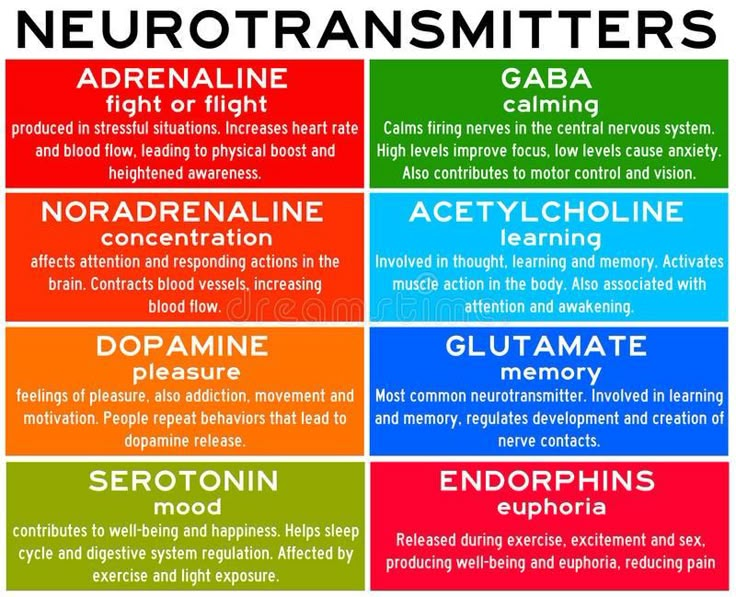
Anti-virus recharge: how to quickly calm down and relieve stress at home
We continue to publish recommendations on how to maintain relationships with loved ones in conditions of self-isolation from teachers of the Department of Practical Psychology. Today, Candidate of Psychological Sciences, Associate Professor Natalya Nikolaevna Kuimova shares useful information.
It is no secret that a huge flow of information about the spread of COVID-19, the number of sick and especially dead people in the world paralyzes a person, panic fear appears and, as a result, a protective reaction of the brain occurs - a surge of emotions (anger, resentment, depressed mood, etc.) and inappropriate behavior (run away, hide, not communicate with anyone, etc.). Our body and nervous system get stressed.
Questions immediately arise in my mind:
- How to maintain a sober look at the current situation and not succumb to general panic?
- How to behave in this situation, maintain self-control and relieve stress?
- What is the essence of panic and its effect on a person?
First you need to understand what panic is.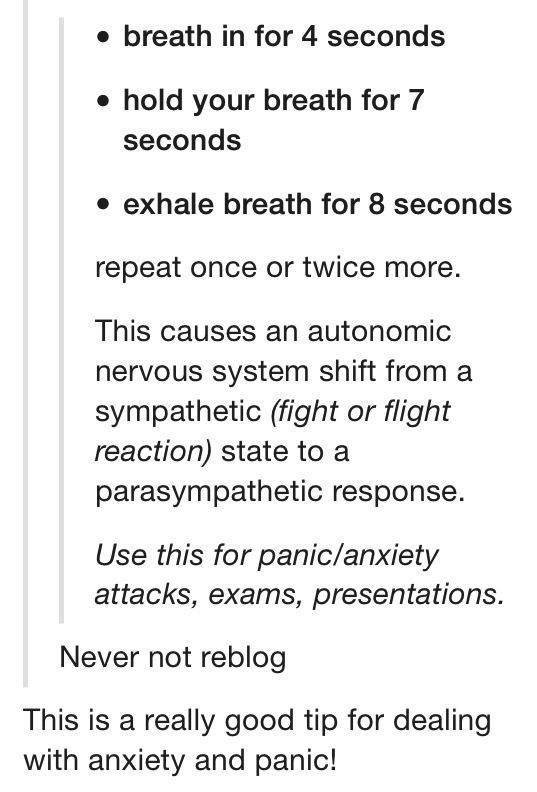
Panic fear is a sudden, unaccountable fear, a state of intense anxiety in front of a real or perceived threat that seizes individuals, most often a crowd.
During a panic, most often, a person ceases to control himself, his thoughts and actions. This is a powerful destructive energy that destroys from the inside, which can lead a "panic-infected" person to break the law and harm others or an animal. A person completely loses control over his emotions, which leads to tantrums, psychosis, or even worse - to deep depression. A person in a panic state does not realize what is happening.
Under severe stress, a huge dose of adrenaline is produced in the blood, which is dangerous for physical health. The more often a person panics, the more often the brain gets used to the uncontrolled release of energy and automatically, in a critical situation, as a TOTAL, turns off.
During a general panic, people begin to concentrate all their attention on a common problem. On the one hand, this is wonderful, because a common problem unites them, but, on the other hand, people become out of control. It is very easy for such people to impose their will. That is why during epidemics or a pandemic, people run to stores and buy everything.
On the one hand, this is wonderful, because a common problem unites them, but, on the other hand, people become out of control. It is very easy for such people to impose their will. That is why during epidemics or a pandemic, people run to stores and buy everything.
How to deal with panic or stress?
Let's look at some of the simplest and most effective ways
- First of all, you should start breathing evenly and calmly. It has been scientifically proven that even deep breathing relaxes the body and impulses in the body, allowing our nerve endings not to be irritated, but, on the contrary, to come to complete rest. Close your eyes and start counting to 10. At this moment, our brain calms down, the emotional background returns to normal. This is due to the switching of the brain to the alpha state, in which the stress state decreases, and the person can feel smooth relaxation, and also in this state pain sensations decrease.

- Solitude and relaxing meditations are very helpful . To quickly relieve stress, you can try to close yourself in a quiet room for a while and think about something good. Close your eyes, breathe deeply, remember the situation in which you experienced a feeling of happiness. Visualize this picture and try to feel these positive feelings. At this point, the rebellious stress hormones will calm down. After you feel that you have calmed down and your body has literally begun to relax, start an internal dialogue with yourself. This is the most efficient way! Cheer yourself up, explain to yourself that the world is great, that the resources of the state and the Earth will be enough for everyone. Explain to yourself that if you are calm, then your relatives and friends will be calm, and they, in turn, will calm their relatives and friends, and so on ad infinitum. After such meditation, the brain ceases to be "in military mobilization", and the person begins to think sensibly and in the right direction to solve problems.

- If possible, take a shower . Water is a good information conductor. In my experience and the experience of my clients, it has been proven more than once that the right decisions come while taking a shower. So one of my clients, during a difficult time in business, came up with a solution that allowed him to bring his business to a high level of income and save the situation. Set aside at least 20 minutes for this. You'll see, the result is worth it.
- Distraction procedure. In times of stress, it is sometimes enough just to warm your hands, this can be done with warm water or hot air. Usually, after such a procedure, a person quickly comes to his senses and stops being nervous.
- Any situation can be changed if the person is still alive . I love one of my practices that has saved many of my clients in different situations. Take a sheet of paper and a pen. At the top, write your situation because of which you are worried.
 Divide the sheet into 2 halves. And below it, on one side, write at least 20-25 of the worst scenarios that could happen. Next to each script you write, describe what you would do in that situation. On the back of the paper, write 20-25 good scripts. Read everything you got. At this moment, the brain stores information, and then there is an activation of brain activity to find the best scenario for the development of events. Indeed, in fact, you are ready for the worst, which means that fear recedes, and the brain begins to work soberly and actively to form a better situation for you. The main thing is not to dwell on the bad, but to let go of the situation, after a while everything will be decided and even better than you could imagine.
Divide the sheet into 2 halves. And below it, on one side, write at least 20-25 of the worst scenarios that could happen. Next to each script you write, describe what you would do in that situation. On the back of the paper, write 20-25 good scripts. Read everything you got. At this moment, the brain stores information, and then there is an activation of brain activity to find the best scenario for the development of events. Indeed, in fact, you are ready for the worst, which means that fear recedes, and the brain begins to work soberly and actively to form a better situation for you. The main thing is not to dwell on the bad, but to let go of the situation, after a while everything will be decided and even better than you could imagine. - Watch what you say and with what intonation ! Remove from your vocabulary the words "collapse", "horror", "death", etc. Focus on positive things. Give thanks for what you already have – health, family, love.
- Physical activity against stress.
 If a person needs to quickly relieve stress, then simple physical exercises can help him in this process, it is enough to work out for only half an hour, and the nervous system will immediately come in order. It would also be nice to buy a punching bag and hang it in your living quarters. Then with its help it will be possible to relieve stress at any time.
If a person needs to quickly relieve stress, then simple physical exercises can help him in this process, it is enough to work out for only half an hour, and the nervous system will immediately come in order. It would also be nice to buy a punching bag and hang it in your living quarters. Then with its help it will be possible to relieve stress at any time. - Drinks. A simple strong green tea will help relieve stress quickly. Only here it is desirable to drink such a drink in a calm atmosphere, and not during a showdown with your loved ones. Therefore, if a quarrel arose at home, it is advisable to go together to the kitchen and drink tea there. You can also enjoy delicious coffee. This will also help calm the nerves, and green tea helps to distract and relieve stress
- Sweets. Sweet is known to help improve a person's mood. To achieve this effect, you can order yourself a delicious dessert such as cake or ice cream. Or just eat delicious chocolate at home.

